We’re not saying these things don’t matter. They do. So we hire smart people who know how to build and use the tools and make them play nice together. But for a minute, let’s forget about what content management system your website is built on or what email marketing software you have. Because the truth of the matter is, your customers don’t care. Unless it isn’t working for them. Then they care a lot.
Our process starts with understanding the needs of your audience. What they want, where they live online, how they access information. When we can answer those questions about them, we’re better equipped to serve your needs, too. It’s a win-win. Then we can plan, design, build, test, launch, and measure digital solutions that provide a fluid user experience and an engaging brand experience.
Digital marketing is a two-way conversation. One that often starts with a question typed into a dialog box with a problem tied to the end of it. We want to help you answer the question, engage the audience, solve the problem.



